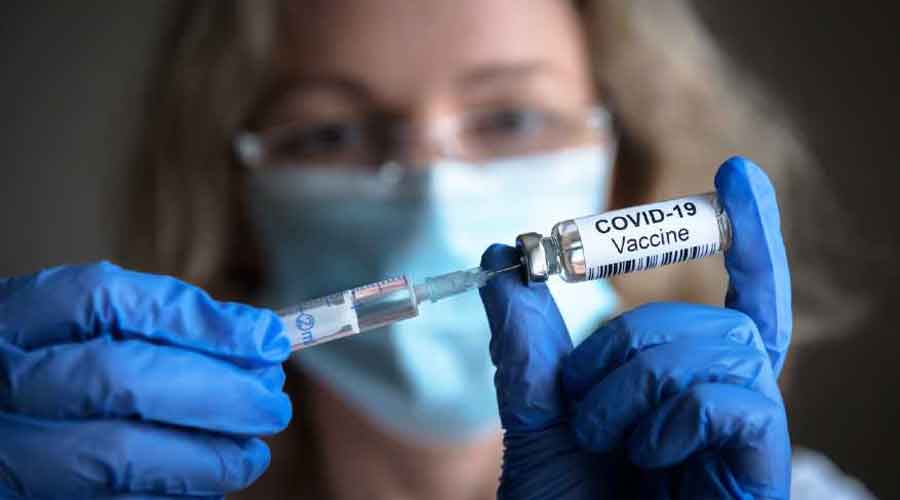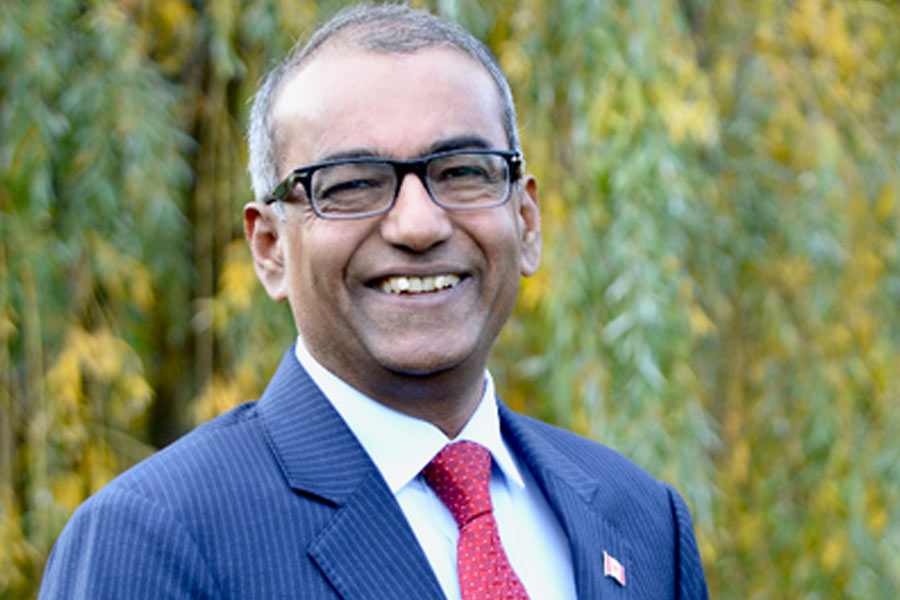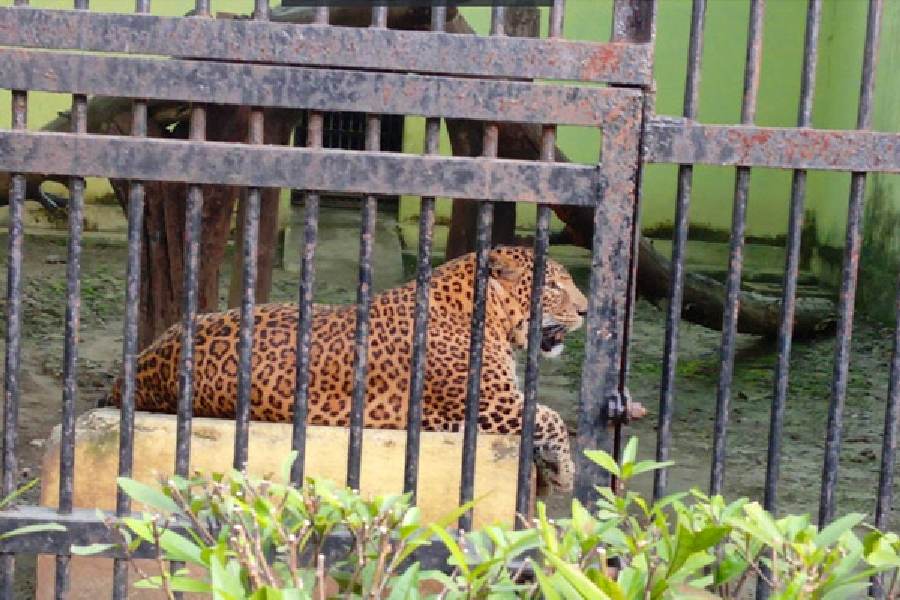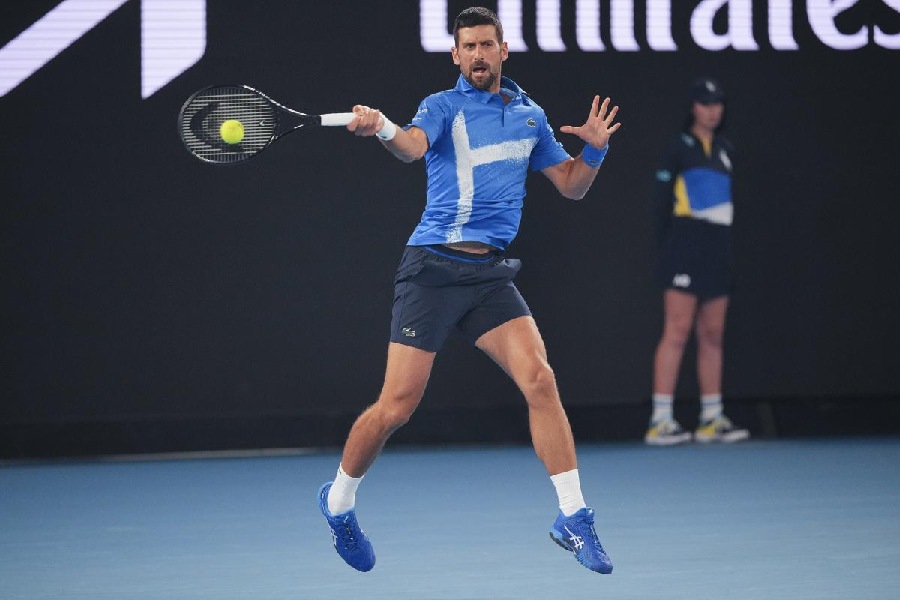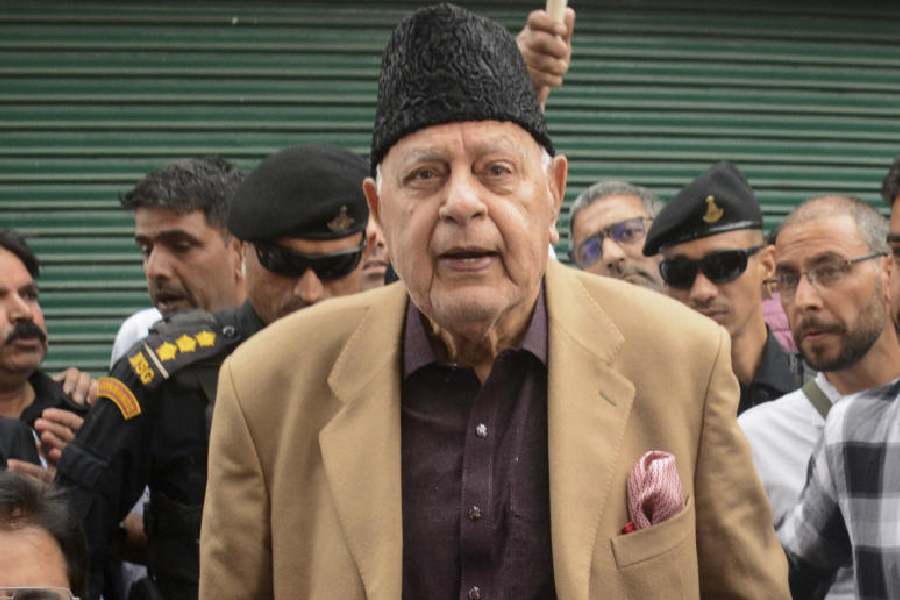The World Health Organisation’s (WHO) chief scientist on Friday urged people not to panic over the emergence of the Omicron coronavirus variant and said it was too early to say if Covid-19 vaccines would have to be modified to fight it.
Speaking in an interview at the Reuters Next, Soumya Swaminathan also said it was impossible to predict if Omicron would become the dominant strain. Omicron has gained a foothold in Asia, Africa, the Americas, West Asia and Europe and has reached seven of the nine provinces of South Africa, where it was first identified. Many governments have tightened travel rules to keep the variant out.
Swaminathan said that the right response was to be ready. “How worried should we be? We need to be prepared and cautious, not panic, because we’re in a different situation to a year ago,” she said.
“Delta accounts for 99 per cent of infections around the world. This variant would have to be more transmissible to out-compete and become dominant worldwide. It is possible, but it’s not possible to predict.”
Much remains unknown about Omicron, which has been detected in more than two dozen countries as parts of Europe grapple with a wave of infections of the more familiar Delta variant. “We need to wait, lets hope it’s milder ... but it’s too early to conclude about the variant as a whole,” Swaminathan said.
Australia became the latest country to report community transmission of the new variant, a day after it was found in five US states.
WHO spokesman Christian Lindmeier told a UN briefing in Geneva earlier that vaccine makers should prepare for the likelihood of adjusting their products. Ugur Sahin, CEO of Germany’s BioNTech, which makes a COVID vaccine with Pfizer, told the Reuters Next conference the company should be able to adapt the shots relatively quickly. Sahin also said current vaccines should continue to provide protection against severe disease, despite mutations.
Takeshi Kasai, the WHO’s western Pacific director, said vaccines were the solution and that border controls could only buy time. “People should not only rely on border
measures. What is most important is to prepare for these variants with potential high transmissibility. So far the information available suggests we don’t have to change our approach.”

